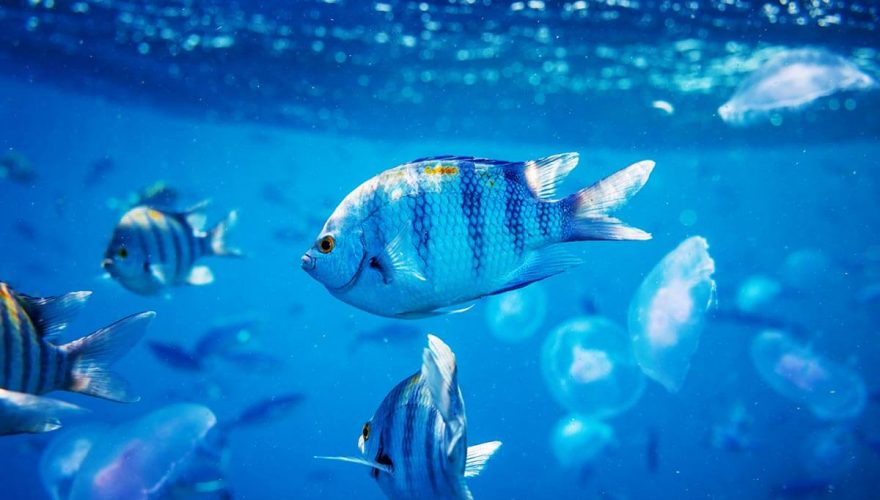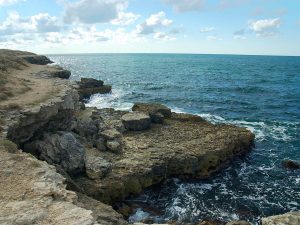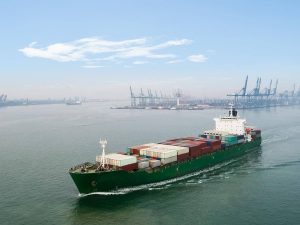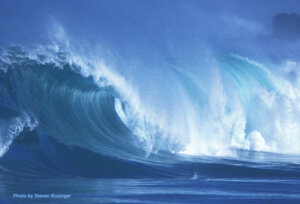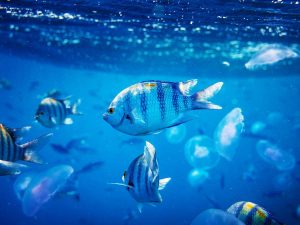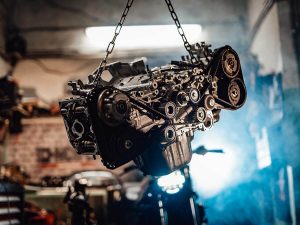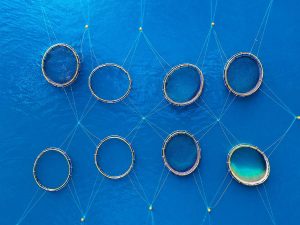Fisheries and Marine Sciences degree program is interdisciplinary, offering different subject disciplines such as marine biology, biochemistry, aquaculture engineering, environmental and climate science, fishery economics, and management. Undergraduates in this program will develop an understanding of the fundamentals of marine sciences governing the fisheries and marine sector. The students engage in a wide range of topics which are socially concerned and interested to the scientific community. Fisheries and Aquaculture, Marine Biology, Seafood and Marine Microbiology, Aquaculture Engineering, Biostatistics, Population Dynamics and Fish Stock Assessment, Ornamental Fish Breeding and Culture, Aquatic Animal Health, Remote Sensing and GIS, National and International Laws and Policies for Marine Environment, Ocean Atmosphere and Climate Science, and Coastal & Marine Resource Management and Economics. Applicants must have passed the G.C.E. (Advanced Level) examination with a minimum of three passes at a single attempt in biological science stream. Applicants who sat for G.C.E. (Advanced Level) examination in the immediate previous year within a maximum of three attempts, are eligible to apply Applications are called from prospective candidates through the website of the Ocean University of Sri Lanka in the relevant year. Students will be selected based on z-scores and you will be required to face an interview. The first year, will provide you with a foundation knowledge in subjects in Fisheries and Aquaculture, Fish Anatomy and Physiology, Marine Biology and Ecology, Limnology, Microbiology, including Life skills and Information Technology. You will receive hands-on experience in laboratories and in the field. In your second year, you will focus on deep learning of the subjects such as Marine Biodiversity and Behavior of Marine Animals, Spoilage of Fish and Post-Harvest Techniques, Processing and Preservation of Fishery Products, Hatcheries and Larval Rearing, Fish Nutrition and Feed Technology, Fisheries Economics and Extension, Applied Algology, Seafood Microbiology, Hydrographic Surveying and Leveling, Biostatistics, Research Methods and Scientific Writing. In your third year, you will study advanced topics such as Remote Sensing and GIS, Aquaculture Engineering, Ornamental Fish Breeding and Culture, Population Dynamics and Fish Stock Assessment, National and International Laws and Policies for Marine Environment, Aquatic Animal Health, Sanitation and Quality Control in the Fisheries Industry, Coastal Disaster Management and Mitigation. In addition, you will be guided to carry out a mini-research project. At the end of the year, you will obtain an internship training which leads to a report based on the training you received. In the fourth year, selected candidates will specialize for the special degree, learning more advanced subjects such as Ocean Atmosphere and Climate Science, Environmental Norms and Ethics, Biosecurity and Safety Aquaculture and Fishery Products, Marine Biotechnology and Biomedicine, Innovations and Management of Marine Renewable Energy, Coastal and Marine Resource Management and Economics. The degree program will be completed with the submission of a research dissertation. Students shall take a minimum of 98 credits to complete the general degree programme in Fisheries and Marine Sciences. After the third year, a limited number of students with higher performances will be selected for the special degree programme in Fisheries and Marine Sciences. The students enrolling for the special degree programme should follow additional 30 credits including a research component. One Credit is equivalent to 15 hours of lectures or 30-45 hours of tutorials, laboratory work, and field visits etc.
About this Degree
Study areas in this Degree
You will have the opportunity to obtain practical experience in core areas of fisheries and marine sciences in this program, including:
At the end of the program, you will be:
Advanced-levels
Course structure
Semester 1
Semester 2
Semester 3
Semester 4
Semester 5
Semester 6
Semester 7
Semester 8
Learning and Assessments
Learning activities
Assessments
Apply Now
About Instructor
-
MPjWcpdyZp

